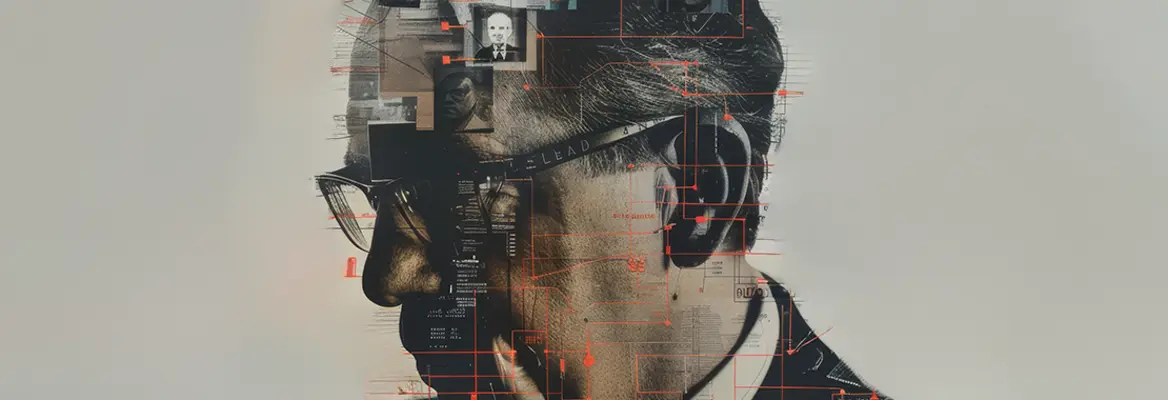We live in hostile times, confronted by the ugly resurgence of war in Europe, the threat of a clash with China over Taiwan, and the lasting effects of a devastating conflict in Gaza. But alongside this growth in current and potential conflicts, we’ve also seen a meteoric rise in measures short of war: information ops, foreign political meddling, and sabotage. Subversive tactics are ramping up, and we’re all in the crosshairs. Historian Jill Kastner argues our democracies aren’t as susceptible to subversion as we may think, and everyone has a part to play when it comes to countering international espionage.
We Need to Talk About Subversion
The relative peace of the post-Cold War era has long receded in the rear-view mirror. Russia’s war on Ukraine is entering its third winter. Russian drones and fighter jets are probing NATO airspace, while European nations are boosting their defense spending back to Cold War levels. China’s designs on Taiwan and stranglehold on critical mineral supply chains have raised alarm bells with Washington and its allies. Iran and Israel concluded a twelve-day war, while the Israeli-Hamas conflict, despite the recent ceasefire, could yet continue to ravage Gaza and polarize the Middle East. It’s no wonder that military conflict is very much on the minds of citizens and statesmen across the globe.
___
When states find themselves in a rivalry and diplomacy is not delivering, leaders will turn to subversive tactics to try and make inroads without resorting to war.
___
But war shouldn’t be allowed to hog all the attention. Connect the dots on the headlines today and you’ll see that we’re witnessing a renaissance of state-sponsored subversion. What’s more, individual citizens are much more likely to be affected by some form of hostile foreign subversive action than by war, in ways they may not realize. “We the people” are both pawns and victims in any subversive campaign. We are also the key to pushing back against it.
SUGGESTED VIEWING How spies think With David Omand
Subversion on the march
It’s important to take a step back and see subversion for what it is: a tool of statecraft. Foreign subversion is defined broadly as hostile, unwanted action by one state on the territory of a rival, with the intent of weakening it or changing its foreign policy. In real life, this means information operations, bribery and influence, and sabotage, all designed to sway a society or government in ways amenable to an adversary.
This may seem inherently malign or “bad,” but it is also rational. When states find themselves in a rivalry and diplomacy is not delivering, leaders will turn to subversive tactics to try and make inroads without resorting to war. This makes sense; it’s a lot easier, cheaper, and more flexible to try one’s hand at covert, below-war-threshold activities in order to make a gain than it is to resort to military measures. We see this simple logic over and over, from ancient Greece to the present day. Subversion in general is a signal that a rivalry is becoming intractable; violent subversion can be a prelude to war.
SUGGESTED VIEWING Russia, China, and the future of world power With Michael Clarke























Join the conversation